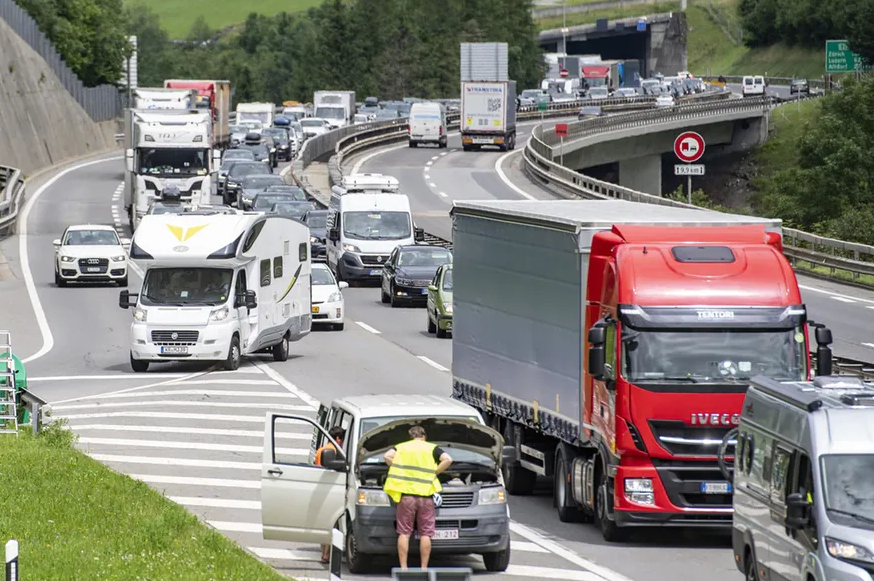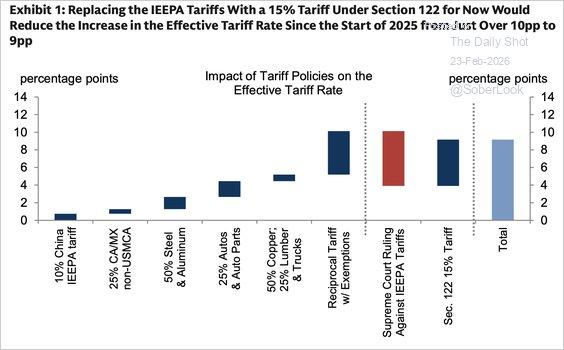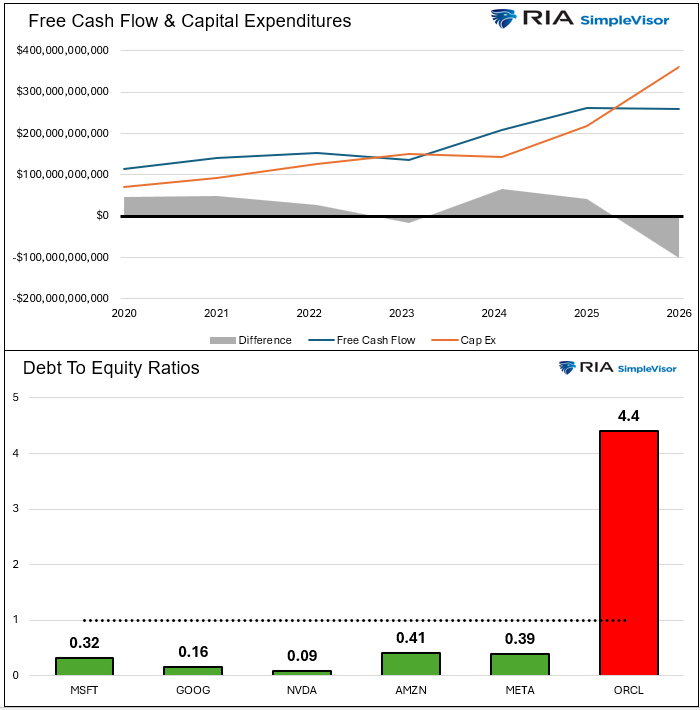A majority (70%) of Swiss believe it’s important to avoid emissions in their everyday lives, although fewer are likely to back up their views with action, according to a survey.
There were no significant differences between women and men, but the over-50 age group believed it was more important to avoid emissions than younger age groups, said a surveyExternal link by consultant firm Deloitte, Sustainable Decarbonisation: New Options for Mobility, published on Tuesday.
“This is an astonishing finding, given that recent climate protests have been initiated by younger people, who are generally thought to be more concerned about climate change than older people,” the authors wrote.
More than two-thirds (68%) of the 1,500 respondents saw shifting freight from road to rail as the most desirable course of action. “But they might be influenced less by the need to take action on the climate than by a perception that they are hindered by freight traffic on the roads – despite the fact that Switzerland already leads other European countries in shifting to rail,” the authors noted.
However, at least half of all respondents also rated the other possible measures – on air travel, use of fossil fuels for personal transport, and e-mobility – as desirable.
Meanwhile, the three most important measures employers can take to cut their employees’ emissions in the area of mobility are subsiding use of public transport (76% of respondents), promoting e-mobility (59%) and supporting cycling (56%).
That said, the question on changes in personal behaviour as a contribution to cutting emissions, such as reducing driving, revealed a discrepancy between perceptions of the desirability of such changes and judgements of how realistic they are. The survey found that six out of ten respondents saw changing their own behaviour as desirable, but just over one in three thought it was realistic to do so.
“Respondents appear to be less critical of their own actions than those of others,” the authors wrote.
Most and least progress
When it came to the most likely areas of success, respondents named progress towards electrifying vehicle fleets and promoting electric cars (45%), followed by progress towards shifting freight from road to rail (40%).
The study said potential obstacles to further electrification and take-up of electric cars included the ongoing inadequacy of the charging infrastructure, the high purchase price of electric vehicles (despite their low running costs), concerns about their limited range, and widespread scepticism about battery life and recycling options.
Respondents expected private and business air travel and private vehicles using fossil fuels to be the areas where least progress is made towards a reduction in emissions by 2030 (30% and 36% of respondents, respectively).
They expected the greatest transformation in air travel over the coming years to come from offsetting emissions, emissions trading certificates, and the addition of synthetic fuels to fossil fuels. They viewed technological improvements, such as more efficient engines, as most likely to make the greatest contribution to cutting emissions from private cars that continue to use fossil fuels.
The survey was conducted in early May, with 1,501 individuals completing a questionnaire. Half were men and half women, and respondents were aged 15-67. Some 35% of the sample lived in large towns and cities of more than 50,000 inhabitants, 30% lived in other urban areas, and 35% in rural areas. Face-to-face interviews were also conducted in June 2021.
Full story here Are you the author? Previous post See more for Next postTags: Featured,Latest news,newsletter



































